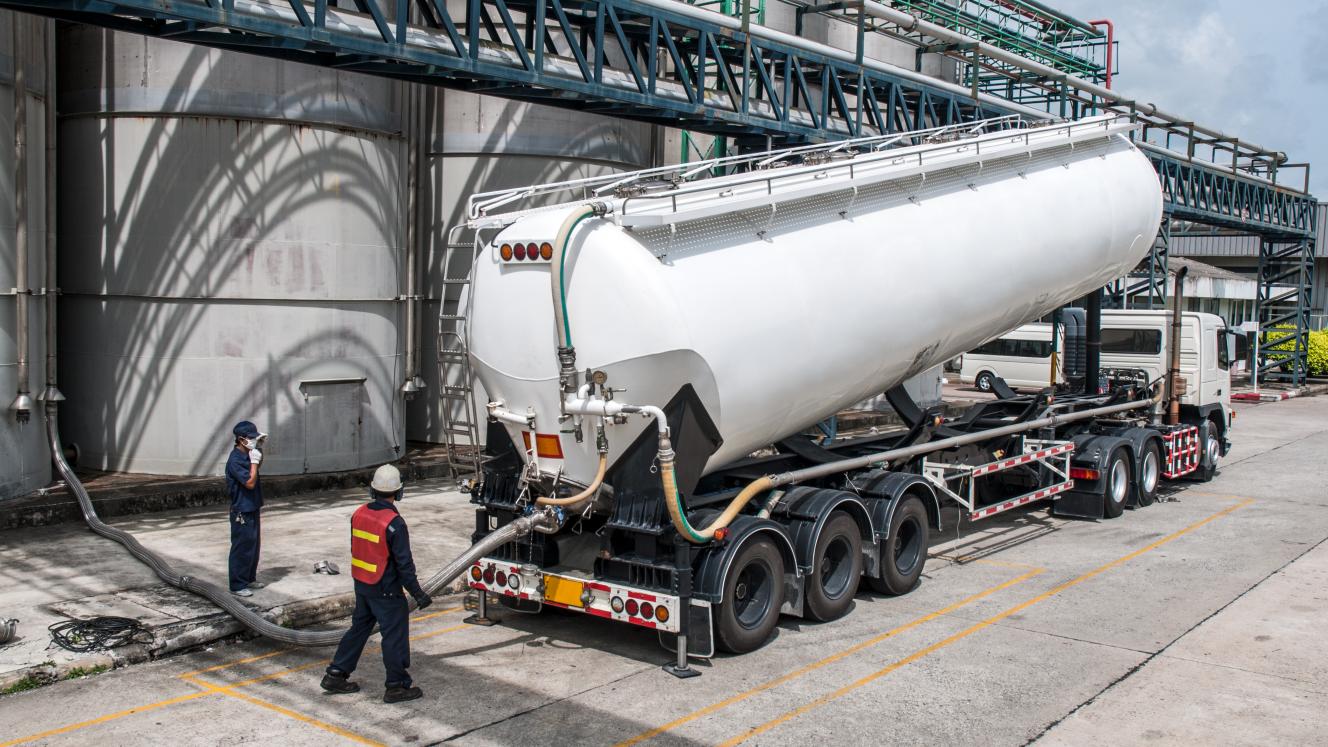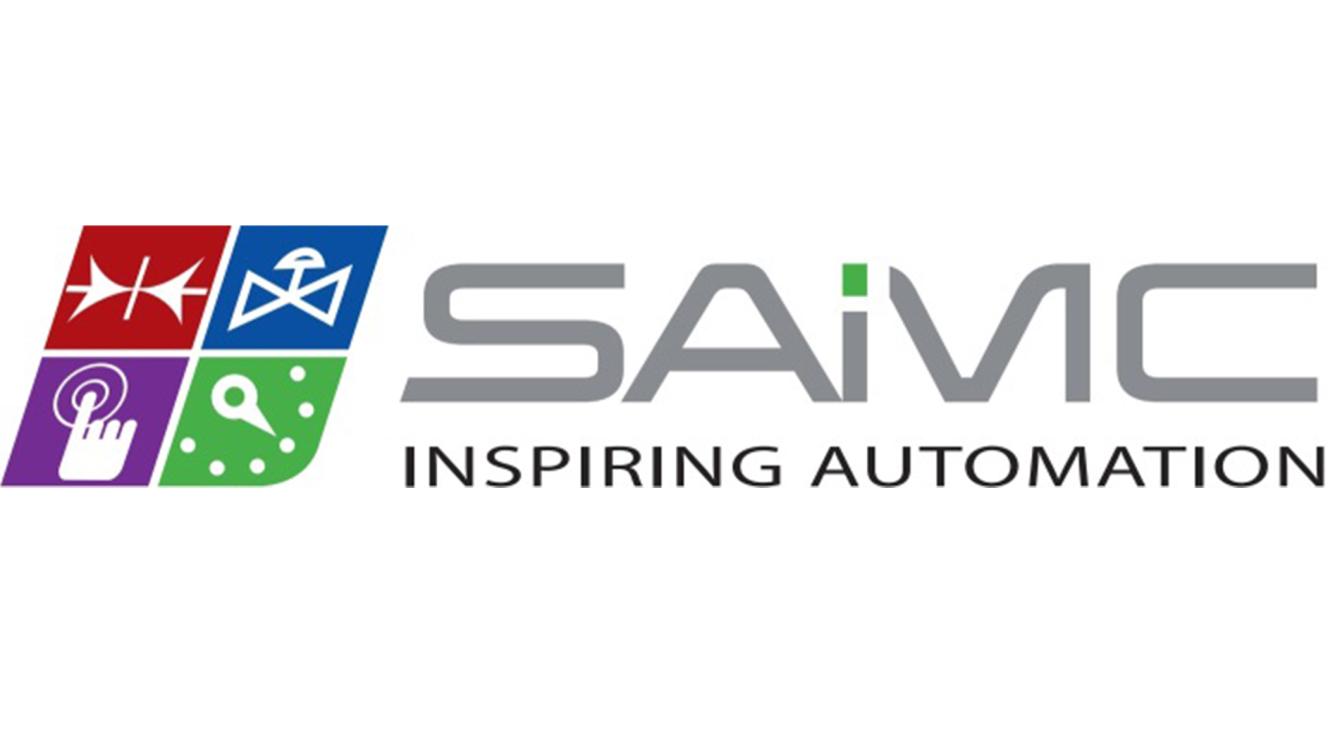In Africa's developing logistics landscape, safety isn't always guaranteed—unless you choose a logistics partner that takes full accountability, according to Warren Beckwith, Head of Chemical Logistics, C. Steinweg Logistics (CSL).
During my time in the chemical logistics industry, I have found that several historical moments play out in my mind – particularly when chemical logistics go wrong. I consider warehouses that caught fire, contaminated water systems and, in some cases, evacuated communities. Sometimes, irreversible damage is done. This is not necessarily because people didn’t care but because somewhere along the line, someone didn’t comply.
This is the uncomfortable truth: compliance in chemical logistics isn’t a line item on a checklist. It’s the entire list. When shortcuts are taken, things can escalate very quickly. It falls to us, the temporary custodians of the sensitive cargo – the logistics experts – to remain informed enough to know the pain points.
The road less travelled
We operate in a landscape where the regulations are often sound, but the enforcement is inconsistent. In my experience, we still come across third-party operators storing hazardous materials on the side of the road or in facilities that haven’t seen a proper inspection in years. And in the meantime, we, as responsible businesses—that invest in compliance, training and infrastructure—are expected to compete on the same playing field, even though it isn’t entirely level.
Compliance is costly. As a third-party provider, our organisation has committed over half a billion Rand into our chemical logistics infrastructure. That includes purpose-built warehouses, bunding vapour protection, emergency response design and complete staff training programmes that refresh every 90 days.
Why? Because the movement of hazardous cargo is when risk peaks. It’s when the commodity is most exposed, vulnerable and likely to trigger a chain reaction (read disaster) if something is missed; working hand-in-hand with local authorities, clients and communities, we are accountable for tracking cargo across the supply chain in real-time, with fail safes in place to anticipate the failure points other stakeholders might ignore.
Sustainability=responsibility
The cargo we receive – from local and international manufacturers – is diverse. As a result, in every instance, we must integrate directly into supply chains, building risk mitigation from the first mile to the last—working across verticals—chemicals, pharma, agrichem and speciality industries—to make sure this approach scales, no matter what the commodity.
Transporting cargo that can pose a risk to the environment, in many cases, should never be taken lightly. In Africa, this is a key consideration. The continent is growing fast, and chemical cargo is moving into regions that don’t always have clear frameworks or on-the-ground enforcement. The reputational and environmental stakes are enormous, and as we expand, we must take our standards with us. This is not to tick boxes but to set a precedent.
Sustainability and compliance are synonymous. It can start with small things – for example, for every empty pallet returned, we always aim to fund the planting of a tree. In the bigger picture, shifting to solar energy at key sites and replacing traditional forklifts with lithium battery units are additional measures we can take ownership of. Ultimately, we retain the responsibility to continue finding ways to reduce impact across our operations.
Reputation matters
Product owners put their names and reputations on the line whenever a pallet exits a warehouse or factory. After all, when something goes wrong, it’s not the warehouse that ends up on the front page. It’s the brand.
So, compliance isn't a constraint for the good of your business. It’s a commitment—to safety, sustainability, and pride in your product. And in a world where one incident can undo decades of good work, that commitment isn’t optional. It’s essential.
The chain is only as strong as its weakest link, and unfortunately, disaster doesn’t always arrive with a bang. Sometimes, it leaks. As an industry, I hope we can stay committed to managing that.
A responsible chemical logistics approach is becoming a competitive differentiator in southern Africa. As companies expand their reach across borders, through cities and into rural corridors, they are being measured both by their delivery times and by the care they take in how they deliver.
Ultimately, we aim to make safety and sustainability the default, not the differentiator. To make it impossible to imagine a chemical cargo moving without safeguards stitched into every link of the chain.
In this business, compliance is the fine line between control and chaos, between leadership and liability, and between progress and disaster. Let’s own our outcomes and build a compliant, responsible industry together.














